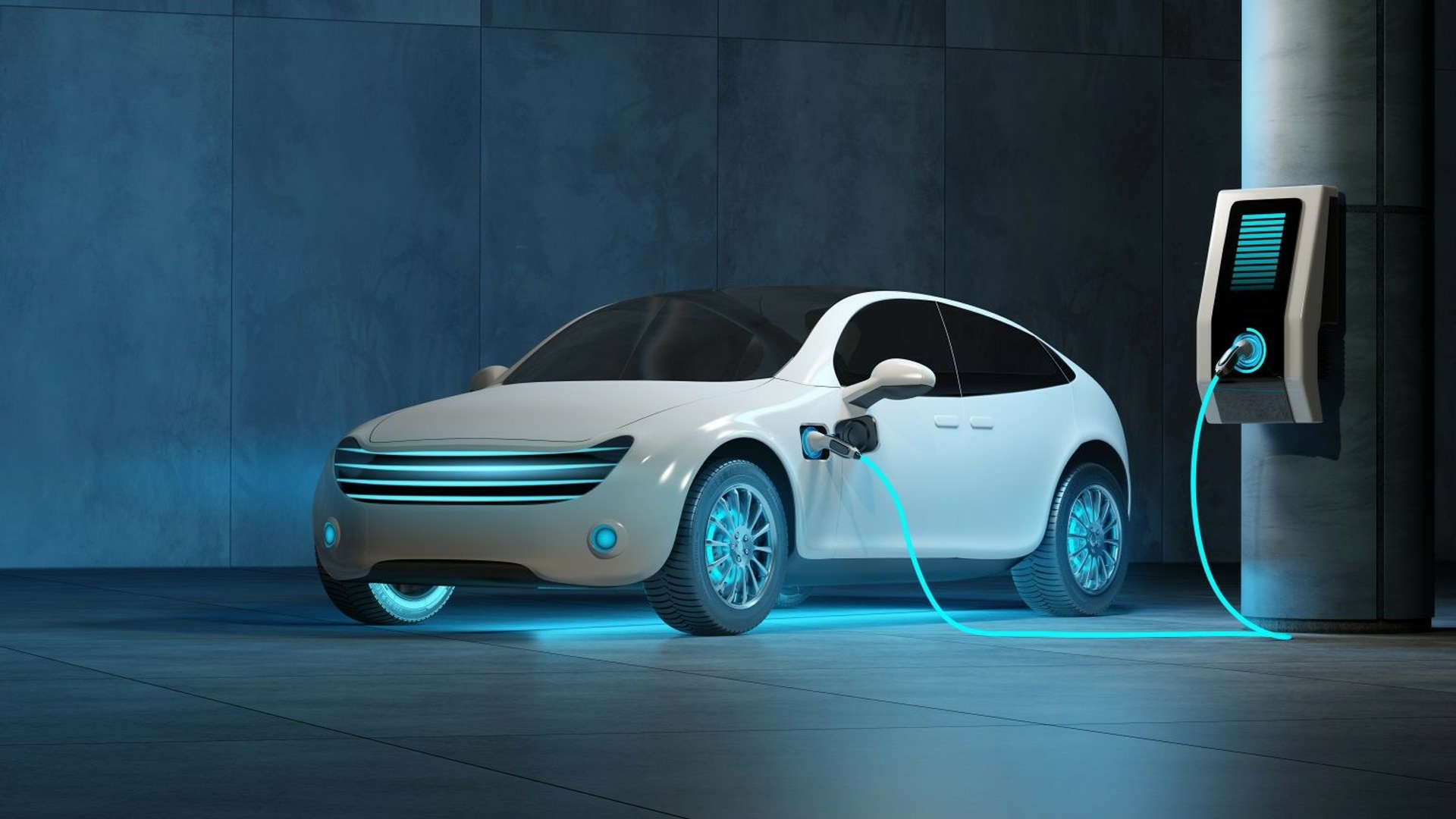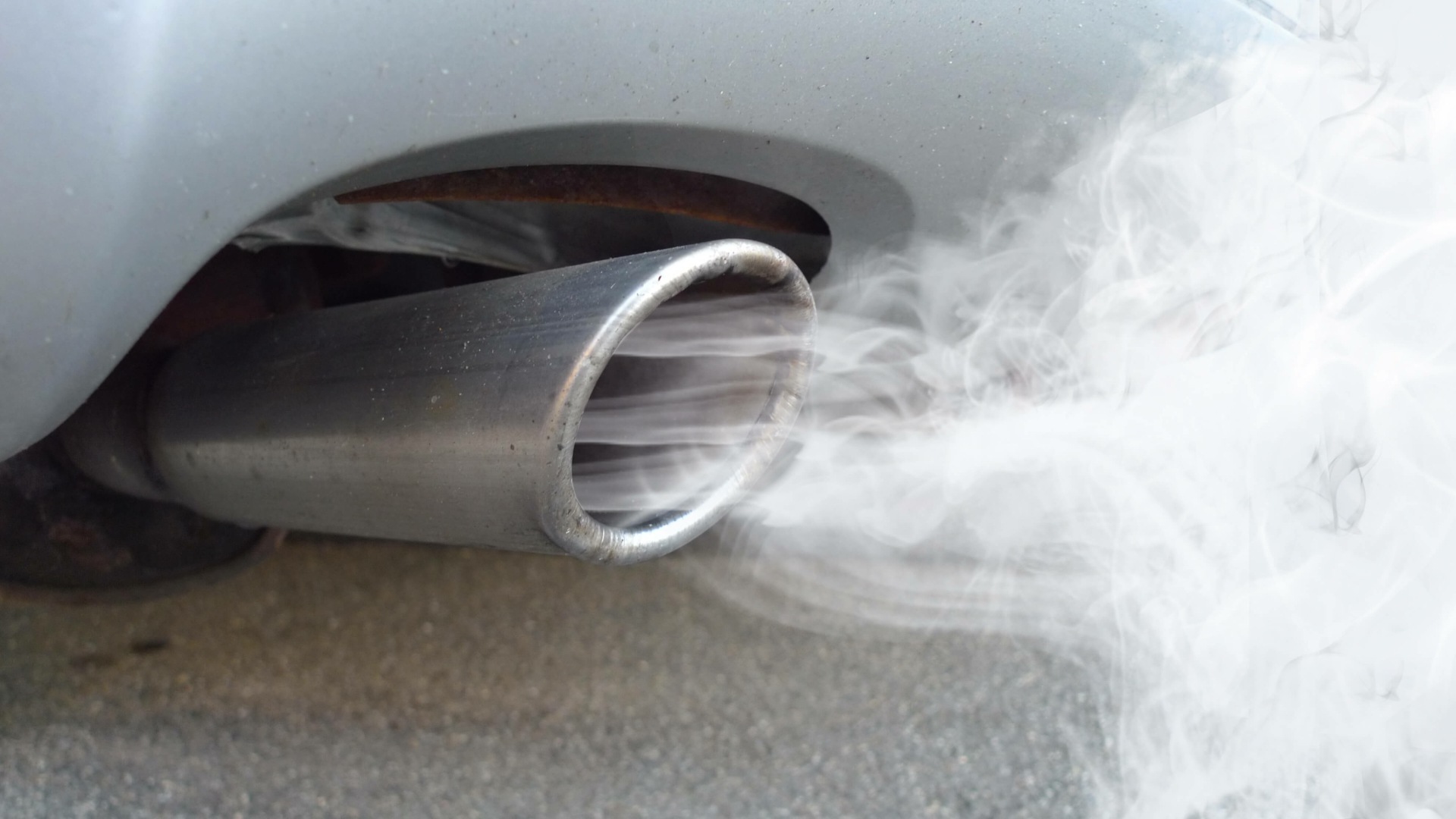The Electric Vehicle Council asserts that the Australian automotive industry will align with proposed CO2 targets in the coming years, according to its modeling. Utilizing S&P Global Mobility’s new car market forecast, the electric vehicle (EV) lobby group predicts compliance with emissions regulations.
The modeling, based on business-as-usual scenarios, doesn’t factor in potential changes carmakers might introduce in response to the Australian Government’s New Vehicle Efficiency Standard (NVES). It indicates that Australia will achieve the overall CO2 targets for 2025, 2026, and 2027 under the government’s preferred Option B.
Furthermore, surplus credits accumulated by carmakers in 2025 and 2027 will offset the slight excess emissions projected for 2028 and 2029.
This surplus arises because Option B credits extend over three years. However, the data doesn’t detail individual carmaker performance, though it suggests that light commercial vehicles may surpass CO2 targets by 2027.
Under the NVES, carmakers are allocated targets for average CO2 emissions per kilometer across their vehicle fleets. Compliance involves meeting or exceeding these targets to earn credits or facing penalties for non-compliance.

The Electric Vehicle Council highlights the importance of considering the actual cost of trading carbon credits, arguing that it differs from the penalty rate proposed by international standards.
While the forecast relies on WLTP values for CO2 emissions, it aligns with Australian NEDC testing through an approximate conversion factor. Electric vehicle adoption is projected to increase steadily, with EVs expected to account for 28% of new vehicle sales by 2029.
However, the council believes the projections to be conservative, especially concerning EV and hybrid sales growth. Despite differing opinions within the automotive industry, the council emphasizes the benefits of emissions standards for Australian consumers, urging the government to resist pressure from certain segments seeking to weaken regulations.
While some carmakers express concerns about the ambitious timeline for emissions regulations, others support elements of the proposed standards while advocating for modifications. Mazda, for instance, suggests delaying the regulations until the next decade to allow for technological advancements and a smoother transition for consumers.
Various carmakers, including Ford, Hyundai, Nissan, and Toyota, support aspects of Option A while also endorsing elements of the stricter Option B. Conversely, GWM and MG offer broader support for Option B.

